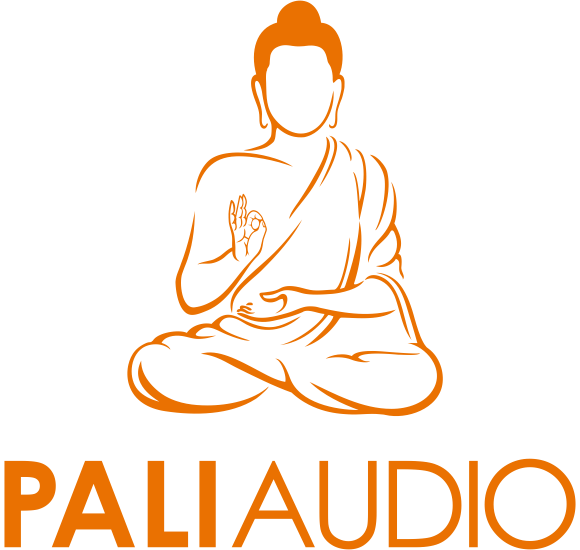Advice to Rāhula at Ambalaṭṭhikarāhula
Ambalaṭṭhikarāhulovāda Sutta
Majjhima Nikāya 61 of 152
Translated by: Bhikkhu Sujato
Read by: Roland Kitchen
Description (NYanamolI Bhikkhu ©)
“A Sutta of fundamental importance on training as it deals with having no falsehood in oneself and constant reflection upon what one does. With falsehood, a person tries to deceive himself and to deceive others. He has a tricky mind which will involve him in more and more trouble, for lies always make for complications. He need not even lie to others, it is enough just to falsify situations to oneself, to justify one’s bad conduct so that the pricks of conscience are blunted. If one wishes to train in Dhamma, which is the way to truth and straightforwardness, then it is no good to have such a deceiving mind and worse to speak words which may deceive others. Even in jest one should not speak untruth if one is aiming at the highest truth. On the basis of this truthfulness one’s mindfulness can be established so that all actions of body, speech and mind can be examined, before one does them, while doing them, as well as after having completed them, to find out whether they are wholesome (profitable or kusala) or unwholesome (akusala). How does one know this? Whatever will be done, is being done or has been done, should be questioned: “Does it lead to trouble for me, trouble for others, trouble for both?” If it is unwholesome it will “ripen” into pain, that is, its fruit will be dukkha of mind or body. But if it is wholesome, then its fruit will be happiness (or pleasure, sukha) of mind and body. Looked at in this way, it is not difficult to know what should and what should not be done.”
